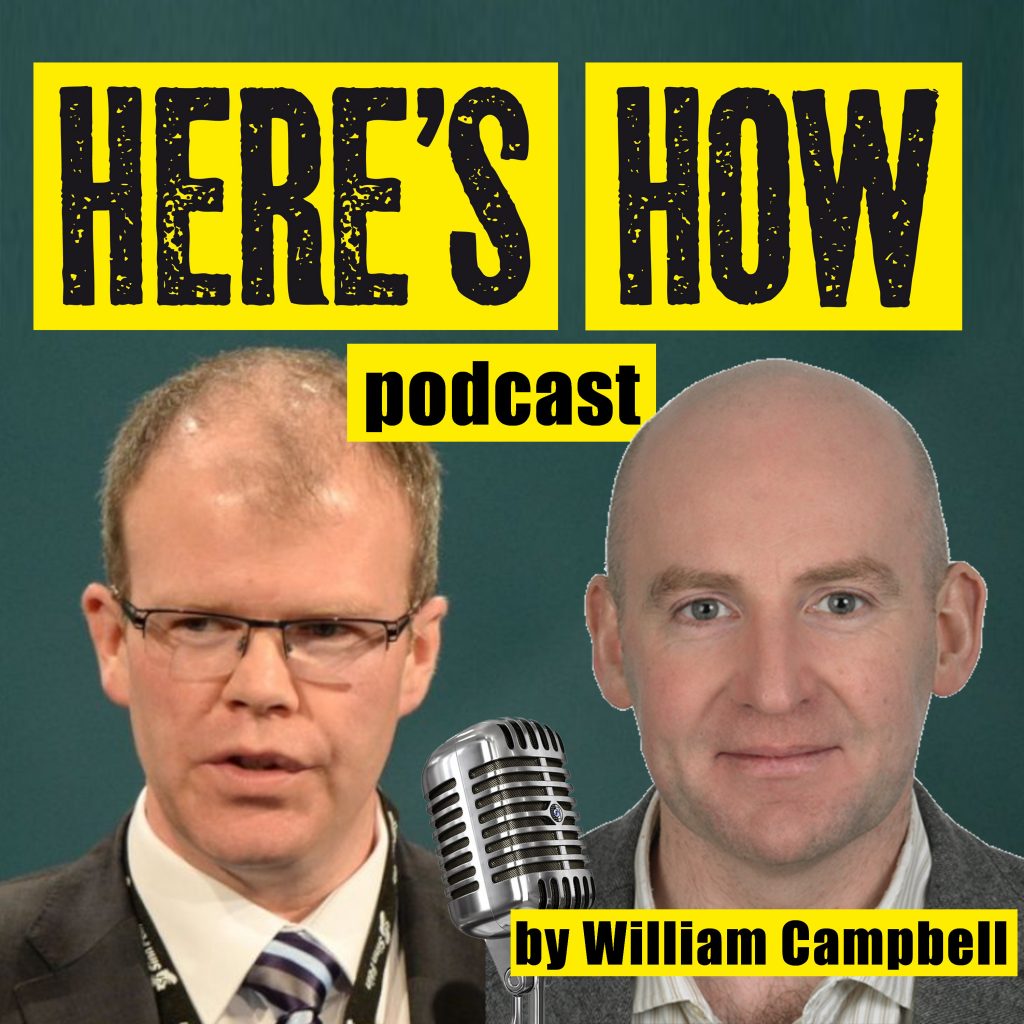Podcast: Play in new window
Subscribe: Apple Podcasts | RSS | More
Peadar Tóibín is the leader, and only TD of Aontú, having previously been elected for Sinn Féin.

*****
I don’t normally do pre-buttals on a podcast interview, but I think that in this case it’s important, because in the context of the coronavirus, and Covid 19, it’s just not acceptable to allow incorrect scientific claims to go unchallenged, even for a few minutes. There are a couple of things said in this interview that I wasn’t able to correct in the moment, and I don’t want to leave the correction to the end, because that runs the risk that people hear the incorrect claim and not hear the correction.
So two things. First up is the claim made by Dr Anne McCloskey, the deputy leader of Aontú that, quote,
anyone who had a temperature or a cough prior to their death, no matter what else was wrong with them, was to be counted as a Covid death
I have investigated this with the NHS in Northern Ireland – Dr Anne McCloskey is based in Derry but she was the Aontú candidate in Sligo Leitrim in the general election, I’ve investigated it with the statistics agency in Northern Ireland and with the HSE in the Republic. All of them were clear that this is not the way that deaths from Covid 19 are classified.
The HSE have confirmed to me that there are three classifications for:
- Confirmed Covid 19 deaths where a lab test has confirmed the infection, either before or after death
- Probable Covid-19 deaths, where a person dies with an infection meeting the Covid-19 case definition
- Possible or suspected Covid-19 deaths where patients have symptoms clinically compatible with Covid 19, such as people with a pending lab test, or are part of an infection cluster such as a care home and there is no clear alternative cause of death.
So, there are clear guidelines on classifying deaths, and the idea that hundreds of doctors were given a secret order to falsify death records and the only one who has mentioned this in public is Dr Anne McCloskey, just isn’t credible.
The second issue that I want to clarify is that during the interview, Peadar Tóibín says that the government changed its mind on the efficacy of face masks, first saying that they didn’t work, then saying that they do. That isn’t true. At the start of the crisis, there was a critical shortage of face masks and other protective gear, called PPE, and the government said that they did not want the general public to use up masks that were in short supply and needed by medical staff.
So the government did change the position on masks, but not from saying that they didn’t work to saying that they do, they changed from saying that the short supply was needed by medics to, when more supplies came online, saying that everyone should wear them when possible.







